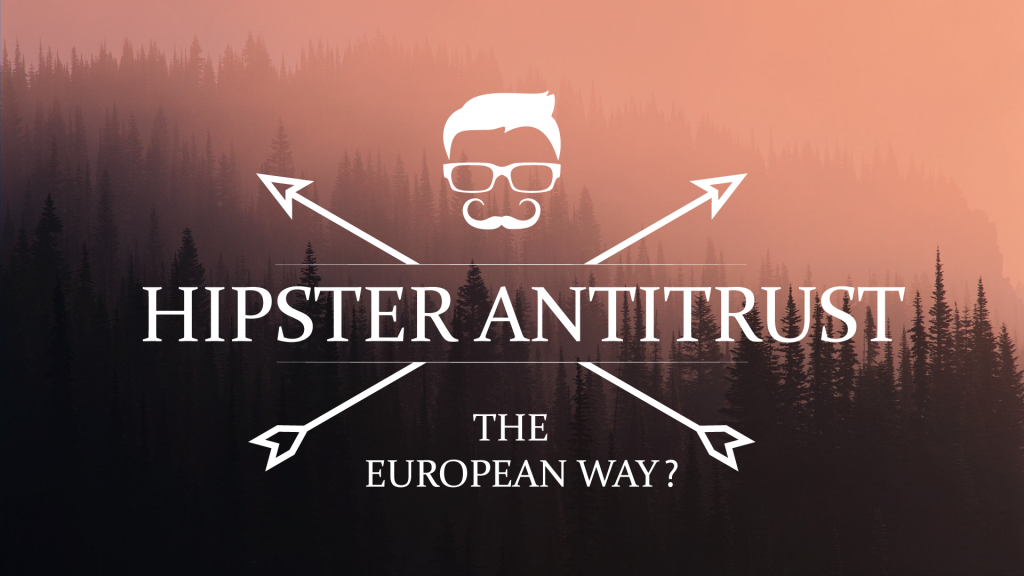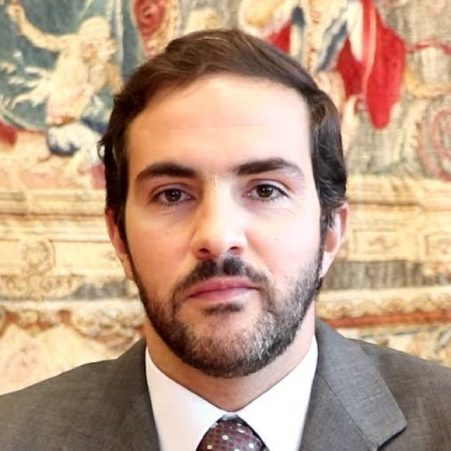
25th October 2019 – Refettorio, European University Institute
The fourth Annual Conference of the Florence Competition Programme (FCP) will take place on 25th October 2019 at the European University Institute (EUI) campus in Florence. The conference will discuss the main ideas behind the new Hipster Antitrust movement in USA and its influence on EU competition policy and beyond.
The past decades have been characterised by a limited antitrust enforcement in USA. Due to the “non-interventionist approach” suggested by the Chicago school and the high burden to prove antitrust violations introduced by US Supreme Court case law, the US Department of Justice (DoJ) and the Federal Trade Commission (FTC) have been rather reluctant to start any public enforcement action under US antitrust rules. Nevertheless, in view of the growing degree of market concentration of the US economy, in recent years a number of academics have argued in favour of a stronger degree of intervention by US antitrust authorities, in order to come back to the original goals of the US Sherman and Clayton Act.
So far, the intellectual movement, known as “Hipster Antitrust” or “New-Brandeis School”, has had a limited policy impact in USA. By contrast, the European Commission and a number of NCAs in Europe have recently started to enforce EU competition rules more actively. In particular, the recent Facebook decision in Germany and the cases of excessive prices in the pharmaceutical sector sanctioned by a number of NCAs show the growing relevance of exploitative abuses under EU competition policy – i.e. an example of stronger degree of competition policy intervention in line with the ideas of the Hipster Antitrust movement. Secondly, the on-going debate in Europe on the enlargement of the goals of EU competition law beyond consumers’ welfare, in order to include fairness considerations, closely resemble the arguments put forward by the Hipster Antitrust movement. Finally, the on-going debate in Europe on whether and to what extent the high degree of market concentration in digital markets should be tackled via preventive measures (e.g. closer scrutiny of “innovation killer mergers”) is in line with the ideas of the Hipster Antitrust movement.
The conference aims to gather academics, practitioners, officials from National Competition Authorities (NCAs) and representatives of the industry. The Conference aims at a lively and balanced debate, where well-known academics and practitioners will be able to discuss these crucial questions for the enforcement of competition policy in the coming years.
Videos
Presentations
- The United Brand excessive pricing case by Jean-François Bellis
- Exploitative abuses in the pharma and digital markets by Marco Botta (introduction)
- Considerations when adding goals to competition law by Tim Brennan
- Excessive pricing in pharmaceuticals by Pedro Caro De Sousa
- Exploitative abuses in pharmaceutical sector by Avantika Chowdhury
- The goals of EU competition policy: beyond consumer welfare? by Sandra Marco Colino (introduction)
- How to tackle concentration in digital markets by Michal Gal (introduction)
- How to tackle concentration in digital markets by Hein Hobbelen
- Looking for answers… by Maria Teresa Maggiolino
- Competition enforcement as a ‘swiss knife’? by Valentin Mircea
- How to tackle concentration in digital markets by John Newman
- How to tackle concentration in digital markets by Frédéric Palomino
- New digital threats to media pluralism in the information age by Pier Luigi Parcu
- A European consumer welfare standard fit for the digital age by Augustin Reyna
Additional materials
Lao, Marina L., Strengthening Antitrust Enforcement Within the Consumer Welfare Rubric (October 8, 2019). CPI Antitrust Chronicle, Forthcoming. Available at SSRN: https://ssrn.com/abstract=3467167



















